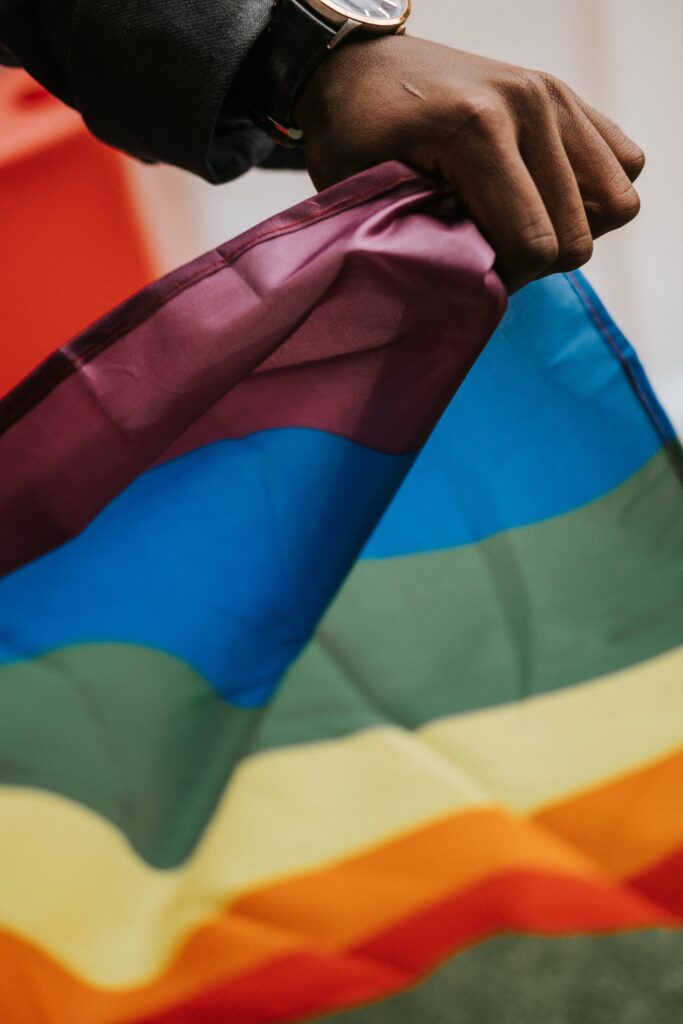Before intervening in SOGIE-based harassment, bystanders consider the type of harassment, risks to their safety and victim’s need for help
05 Feb 2024

In the Philippines, there have been rising incidences of harassment directed at Filipinos who identify as lesbian, gay, bisexual, trans, queer, and intersex (LGBTQI+). These experiences of harassment and violence are reflections of prejudice and discrimination based on an individual’s sexual orientation, gender identity, and gender expression (SOGIE) that have been ingrained and cultivated in social systems, such as the family, education, health, and the law. Because the Philippines does not have a national anti-discrimination legislation that explicitly protects against SOGIE-based discrimination, the burden to address SOGIE-based harassment is left upon the LGBTQI+ community and their allies. This study sought to understand and explore the reasons why Filipinos would or would not intervene in incidences of SOGIE-based harassment. Analyzing five interviews with Filipino university students who had previously witnessed SOGIE-based harassment surfaced two important findings about bystander intervention. First, bystanders consider the contexts and implications of intervening in SOGIE-based harassment, such as the nature of the harassment, the threats to bystander safety, and the victim’s obvious need for help. Second, although bystanders expressed hesitations in intervening because they were considered outsiders in the victim perpetrator interaction, acknowledging the bystander’s shared identity (kapwa) with targets of harassment facilitated intervening. That is, because SOGIE-based harassment is considered inhumane by bystanders, intervening, then, is an act of acknowledging and protecting the humanity of targets of harassment.
Significance
This study describes the behavioral responses of Filipinos to harassment based on an individual’s sexual orientation, gender identity, and gender expression (SOGIE) and explores salient interpersonal and socio- cultural contexts that inform when, how, and why Filipino bystanders intervene in incidences of SOGIE-based harassment. The findings of the study emphasize the importance of kapwa—or shared sense of identity with others—in bystander intervention as Filipinos are more likely to intervene when they associate with targets of SOGIE-based harassment (i.e., acknowledging them as friends or as fellow human beings).
Taking these socio-cultural norms and values into account, the study draws attention to the importance of institutional mechanisms that not only empower bystander intervention but prevent incidences of SOGIE- based harassment in the first place. In universities, these may look like integrating social justice-oriented courses in the curriculum, establishing gender-sensitive programs, and enforcing anti-discrimination policies across the university. Across social institutions, similar initiatives may be implemented, ensuring that these programs center kapwa—or underscoring the inhumanity of SOGIE-based harassment and further emphasizing the humanity of the victims of SOGIE-based harassment.
Author: Luis Emmanuel A. Abesamis (Department of Behavioral Sciences, University of the Philippines Manila)
Read the full paper: https://doi.org/10.1080/19419899.2023.2241863
